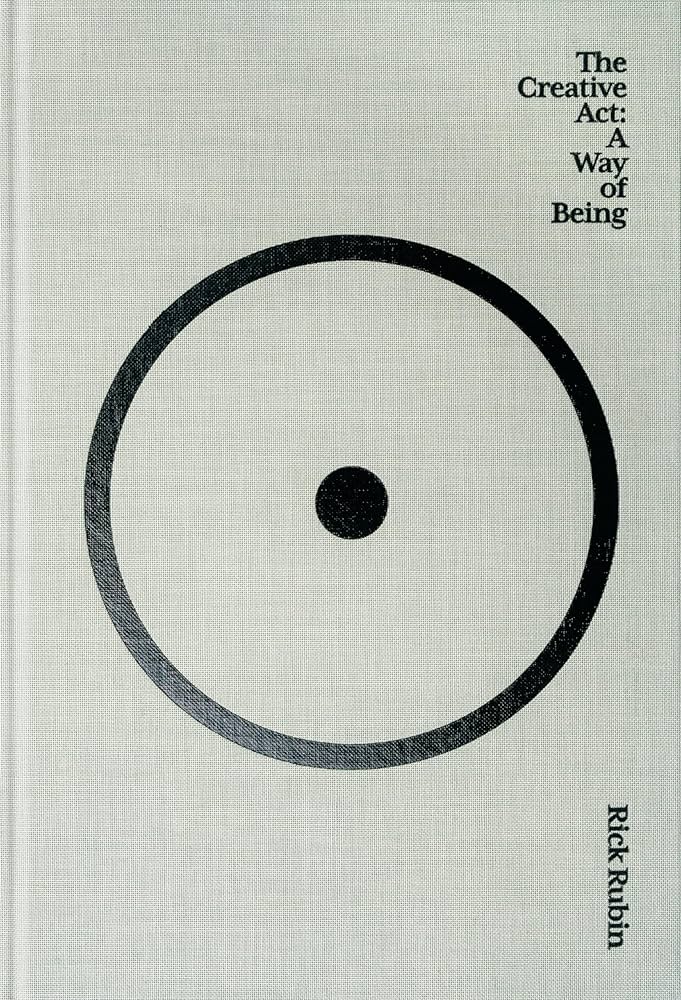The difference between passive hearing and intentional listening is profound. While sound waves reach us regardless of our awareness, true engagement with sound demands an openness that extends beyond simple recognition. Music, for instance, can be experienced differently depending on how it is received—through headphones, speakers, or live performances. Headphones, though isolating and detailed, create a constrained auditory experience, compressing the full depth and spatial resonance of sound. Many artists and sound engineers prefer speakers because they allow sound to interact naturally with space, replicating the richness of live acoustics. This distinction highlights how technology, while convenient, often reshapes our sensory experiences in ways we might not even notice.
Beyond sound, listening is also central to human connection, shaping the way we communicate and understand one another. The way we listen to others determines the depth of our relationships, as true listening requires setting aside assumptions and judgments. Often, people only half-listen, formulating responses while the other person speaks, rather than being fully present in the conversation. This habit limits the potential for real understanding, as the mind rushes ahead, filtering words through personal biases. A conversation where one truly listens, without interruption or an agenda, creates a rare and transformative experience for both speaker and listener.
In human interactions, the act of listening can be more powerful than any words spoken in response. Many people are unaccustomed to being fully heard, making deep listening feel almost disarming. It requires patience, a willingness to sit with silence, and an openness to absorbing another person’s words without immediately interpreting or responding. This level of attentiveness fosters trust, allowing conversations to move beyond surface-level exchanges into meaningful dialogue. When people feel genuinely heard, they are more likely to express themselves honestly, leading to stronger connections and a richer exchange of ideas.
Cultivating this skill enhances not only personal relationships but also creative and professional endeavors. Musicians, writers, and artists alike benefit from deep listening, as it allows them to capture subtleties in sound, dialogue, and emotion that might otherwise go unnoticed. The most evocative music, poetry, or storytelling often arises from an artist’s ability to hear beyond what is obvious, tuning into the nuances that make an experience truly resonate. Similarly, great leaders and thinkers are often those who listen carefully before they speak, absorbing information and perspectives before forming their own responses. In this way, listening is not just about hearing sound—it is about receiving, understanding, and responding with thoughtfulness.
In essence, listening is an intentional act that extends far beyond the physical mechanics of hearing. It is a gateway to deeper awareness, greater creativity, and more meaningful human connection. By refining our ability to listen—not just to sound but to people, emotions, and the world around us—we cultivate a richer and more present existence. Whether through music, conversation, or silence, listening invites us to slow down and engage with the world in a way that is both profound and transformative.


